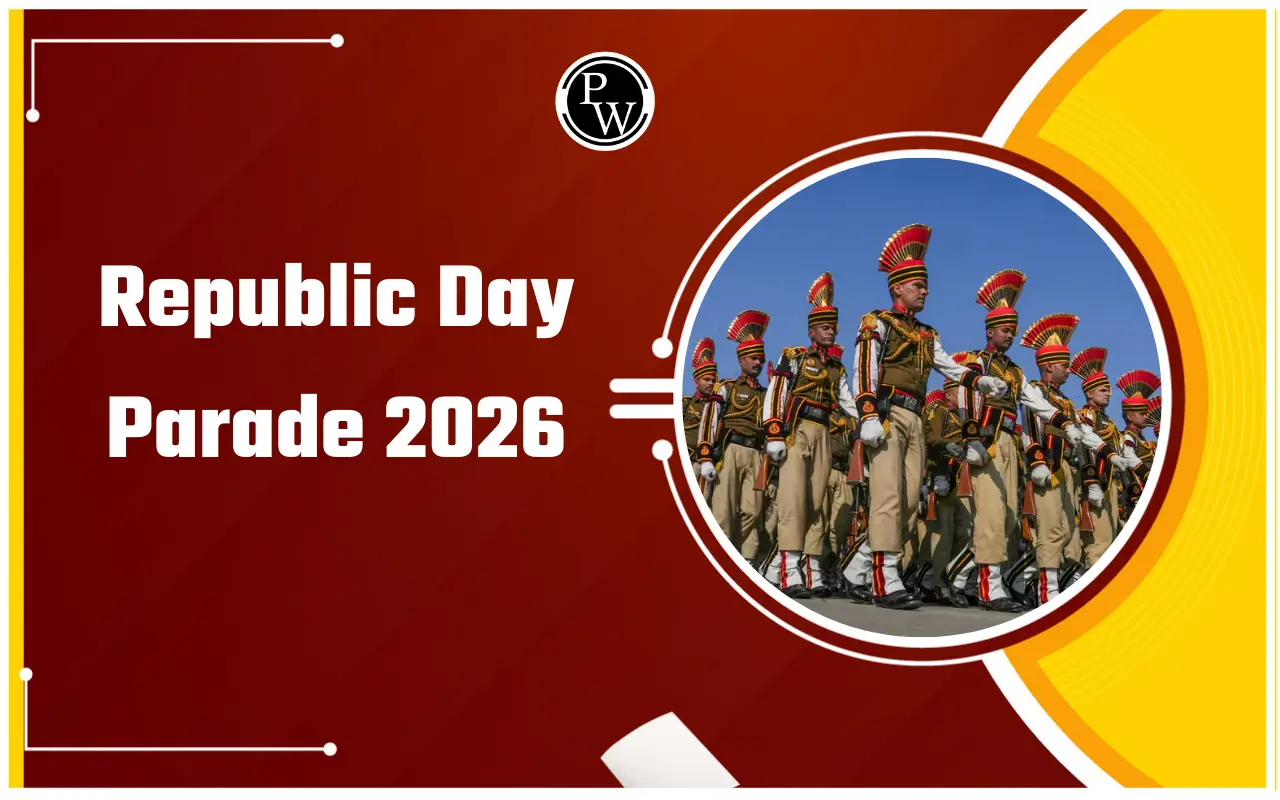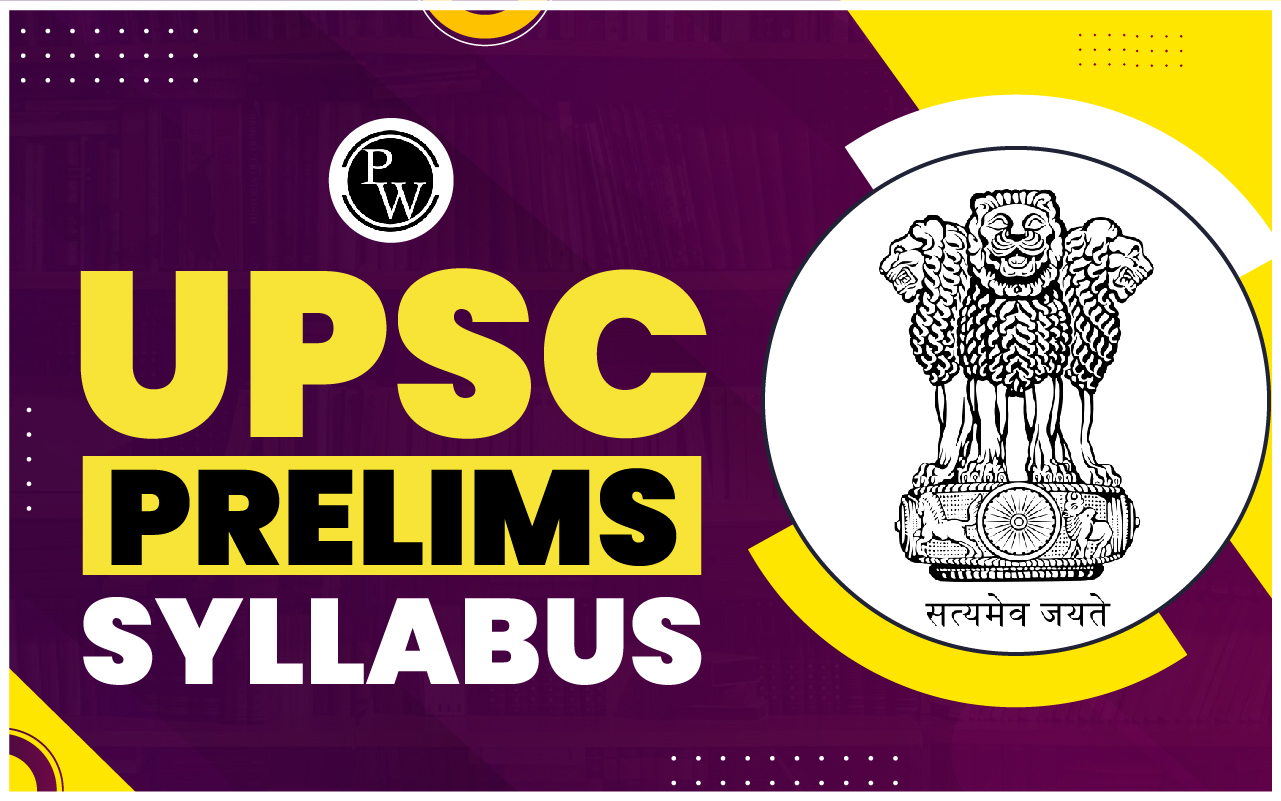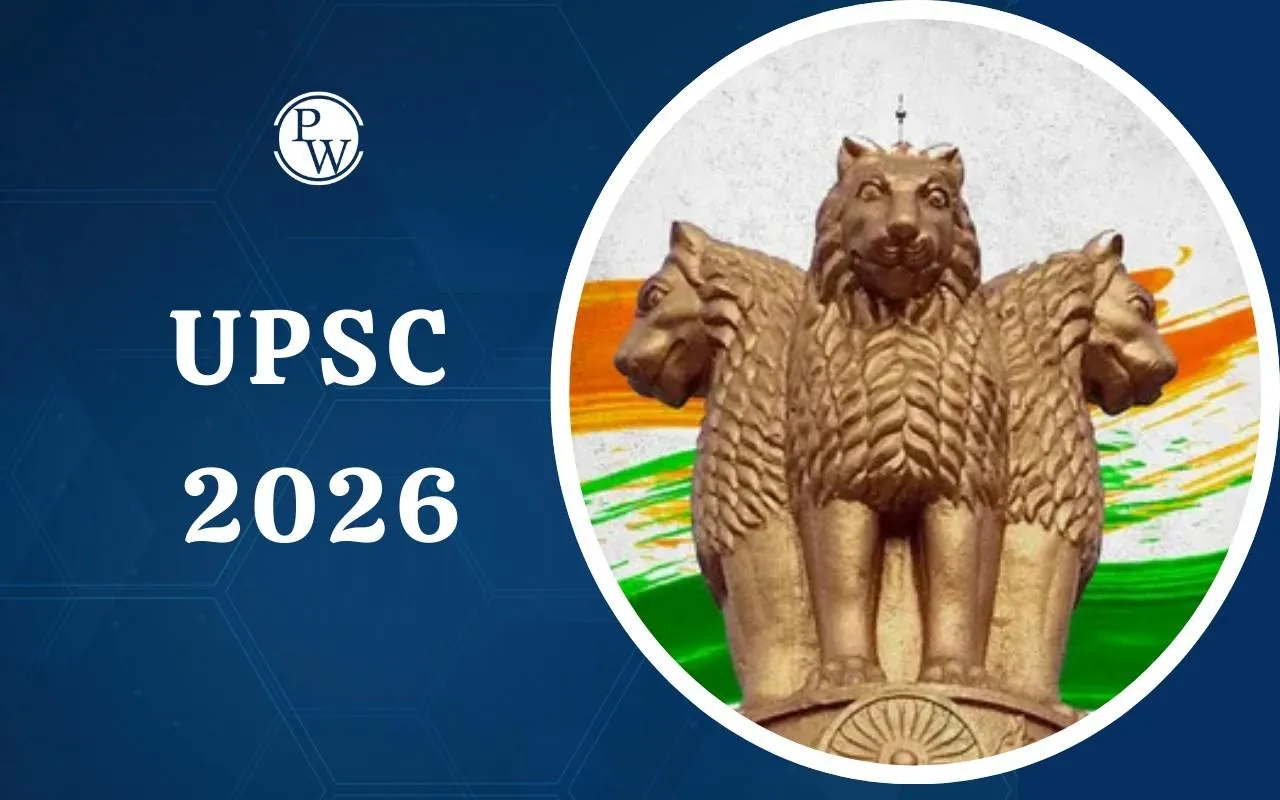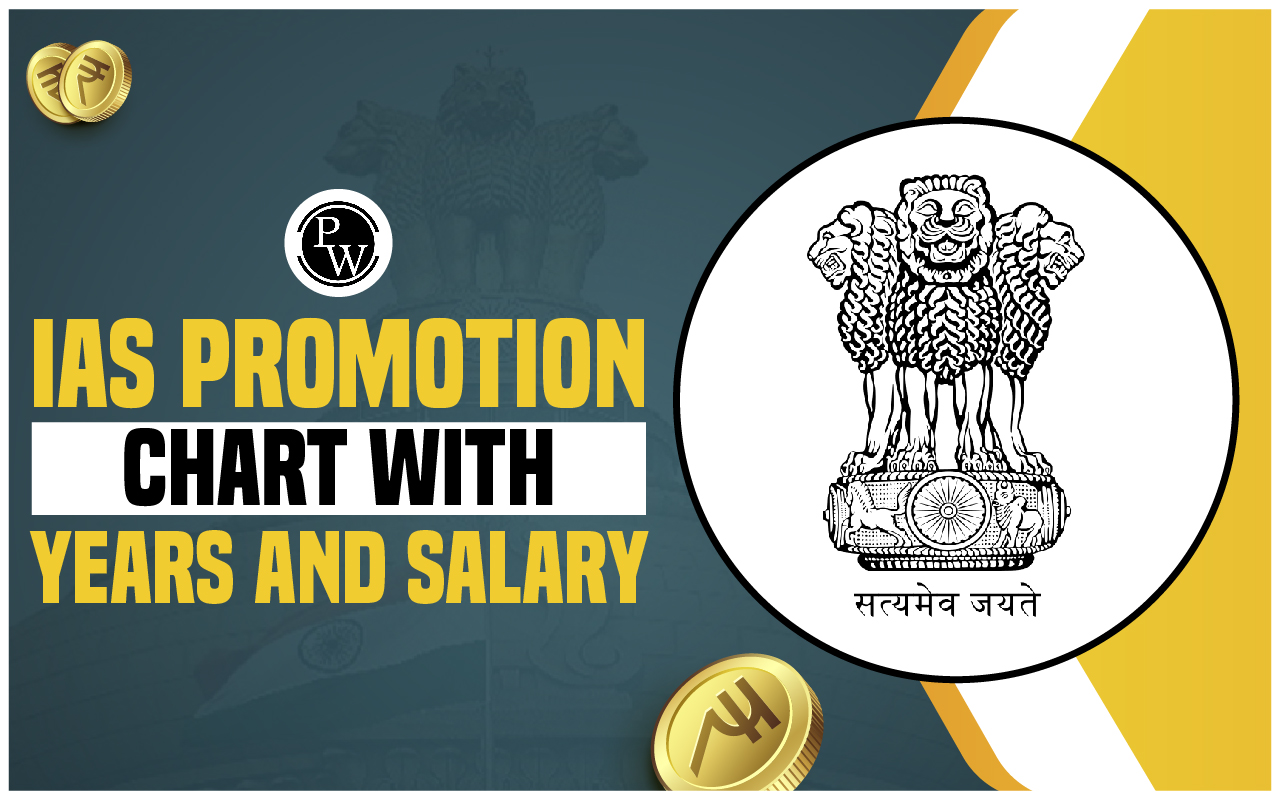
The rise of nationalism in India was a powerful movement that laid the foundation for the country’s struggle for independence from British colonial rule. It emerged in the late 19th century as Indians began to develop a collective sense of identity, unity, and purpose against foreign domination. The rise of nationalism ultimately became the driving force behind India’s independence in 1947.
What Is Nationalism?
Nationalism is an ideology and movement that emphasizes loyalty, devotion, or allegiance to a nation or nation-state. It encourages people to unite based on shared identity, history, language, culture, or common goals. Nationalism often arises when people feel their country is being treated unfairly or dominated by outside powers. It promotes self-rule and national unity.
Also Read, ‘List of Freedom Fighters of India and Their Contributions’
In the Indian context, nationalism developed as a reaction to British colonial rule. As the impact of foreign domination deepened, Indians gradually began to see themselves as one people with a shared history and common destiny. This sense of unity found expression through literature, social reform movements, and cultural revival efforts. This feeling later became a powerful force that united Indians to fight for freedom.
What Led to the Rise of Nationalism in India?
Several factors led to the rise of nationalism in India during the 19th and early 20th centuries. Here are some of the main reasons:
-
British Rule and Exploitation: Indians faced discrimination, heavy taxation, and economic drain under British rule. This created anger and frustration among the people.
-
Western Education: Educated Indians learned about liberty, equality, and democracy. Ideas from European revolutions inspired them to demand the same rights.
-
Economic Impact: The British ruined Indian industries. Handicrafts collapsed. Farmers suffered. This economic hardship made Indians question British rule.
-
Social and Religious Reform Movements: Reformers like Raja Ram Mohan Roy, Swami Vivekananda, and others tried to remove social evils. They also revived pride in Indian culture, which encouraged national unity.
-
Role of the Press: Newspapers and journals in regional languages helped spread nationalist ideas. They informed people about British policies and inspired resistance.
-
Formation of Indian National Congress (1885): The INC became a platform for expressing Indian grievances and demands. It played a major role in uniting people.
-
Racial Discrimination: Indians were not given equal rights in government jobs or legal systems. This unfair treatment united Indians from different regions and communities.
All these factors helped ignite the flame of nationalism. Slowly, the desire for self-rule started turning into a mass movement with the rise of nationalism in India.
Rise of Nationalism in India - Major Events
The rise of nationalism in India is marked by many significant events. Below are some key events that shaped Indian nationalism:
Formation of Indian National Congress (1885)
A group of educated Indians formed the INC. Initially, it demanded reforms within British rule. Later, it became the leading organisation in the fight for independence.
Partition of Bengal (1905)
Lord Curzon’s 1905 partition of Bengal on religious lines faced strong opposition. In response, the Swadeshi Movement began, urging Indians to boycott British goods and support local products. It became one of the first major mass movements against British rule.
Home Rule Movement (1916)
Led by Bal Gangadhar Tilak and Annie Besant, this movement demanded self-governance. It made nationalism a household idea.
Jallianwala Bagh Massacre (1919)
British troops killed hundreds of unarmed Indians in Amritsar. This brutal act shocked the nation and increased anger against British rule.
Non-Cooperation Movement (1920–22)
Mahatma Gandhi launched the Non-Cooperation Movement after the Jallianwala Bagh massacre. Indians peacefully boycotted British schools, courts, and goods, turning the movement into a powerful act of resistance.
Civil Disobedience Movement (1930–34)
Gandhi launched the Salt March to protest the British salt law. It sparked nationwide civil disobedience and inspired millions to challenge unjust colonial rules.
Also Read, ‘Female Freedom Fighters of India’
Quit India Movement (1942)
During World War II, Gandhi gave the call of “Do or Die” through the Quit India Movement. It demanded an immediate end to British rule. Though met with harsh repression, it reflected the growing strength of Indian nationalism.
Each of these events brought India closer to independence, as the spirit of nationalism grew stronger with every struggle.
Legacy of Indian Nationalism
The Indian nationalist movement left a lasting legacy. It did not just lead to political freedom in 1947, but also created a new identity for Indians. Here are some major outcomes of the nationalist struggle:
-
Unity in Diversity: Nationalism helped unite Indians of different castes, religions, and regions and built a shared identity.
-
Democratic Foundations: The struggle inspired the values of democracy, liberty, and justice, which later became core parts of the Indian Constitution.
-
Social Reform and Awareness: The movement encouraged people to fight against casteism, untouchability, and gender discrimination.
-
Inspiration for Future Movements: Indian nationalism inspired other colonies to fight for freedom. It showed the world that peaceful mass movements can succeed.
-
Empowerment of Common People: Farmers, workers, students, and women all joined the national struggle. They realised their power to bring change.
To sum up, the rise of nationalism in India was a long journey powered by unity, sacrifice, and hope. It laid the foundation for India's present-day secularism, federalism, and civic rights.
Want to prepare better for history and Indian Polity in UPSC? Explore PW’s UPSC Online Coaching Courses and boost your preparation!
Rise of Nationalism in India FAQs
What triggered the rise of nationalism in India?
What was the role of Indian National Congress in the nationalist movement?
Who started the Home Rule Movement?
How did Jallianwala Bagh Massacre affect Indian nationalism?
What is the legacy of Indian nationalism today?

UPSC Coaching









